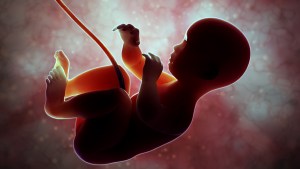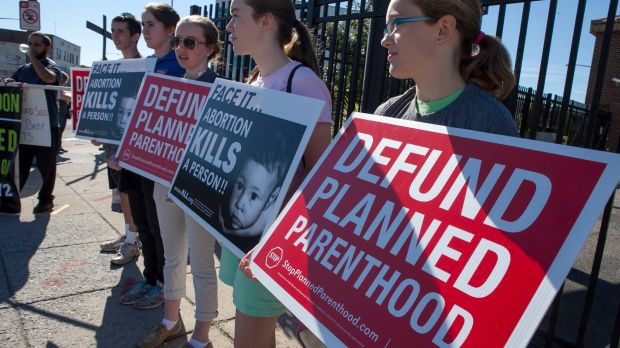The United States Supreme Court late Wednesday night declined to block a Texas law banning most abortions.
In a 5-4, unsigned opinion, the Court said the abortion clinics who had challenged the law had not made their case. But the opinion left open the possibility that the court could entertain future challenges to it.
They also said the opinion was not a ruling on the constitutionality of the law.
Senate Bill 8 outlaws abortions if a heartbeat is detected, a phenomenon that occurs before many women realize they are pregnant. The law has no exceptions for rape or incest, but does allow abortions in case of medical emergencies.
All four dissenting justices, including Chief Justice John Roberts, filed separate opinions.
Roberts wrote that he would have blocked the law while appeals moved forward. “The statutory scheme before the court is not only unusual, but unprecedented,” he wrote. “The legislature has imposed a prohibition on abortions after roughly six weeks, and then essentially delegated enforcement of that prohibition to the populace at large. The desired consequence appears to be to insulate the state from responsibility for implementing and enforcing the regulatory regime.”
The law bars state officials from enforcing it and instead deputizes private individuals to sue anyone who performs the procedure or aids and abets it.
Adam Liptak of the New York Times pointed out that the law’s defenders say that only Texas courts can rule on the matter “and only in the context of suits against abortion providers for violating the law.”
The Times said that the challenge to the law remains pending in lower federal courts.
On Wednesday, when Senate Bill 8 took effect, Eric J. Scheidler, Executive Director of Chicago-based Pro-Life Action League, commented that the law is a “creative new policy that recognizes the child in the womb as a member of the human family and protects her from the violence of abortion. We encourage the other 49 states to catch up with Texas and continue this historic expansion of human rights.”
This week, Pope Francis, in an interview with Radio COPE of Spain, reaffirmed the humanity of unborn children even at the earliest stages.
“Any embryology manual given to a medical student in medical school says that by the third week of conception, sometimes before the mother realizes [that she is pregnant], all the organs in the embryo are already outlined, even the DNA,” the pope said. “It is a life. A human life. Some say, ‘It’s not a person.’ It is a human life! So, faced with a human life I ask myself two questions: Is it licit to eliminate a human life to solve a problem, is it fair to eliminate a human life to solve a problem? Second question: Is it fair to hire a hired killer to solve a problem? And with these two questions, what about the cases of elimination of people—on one side or the other—because they are a burden for society?”



